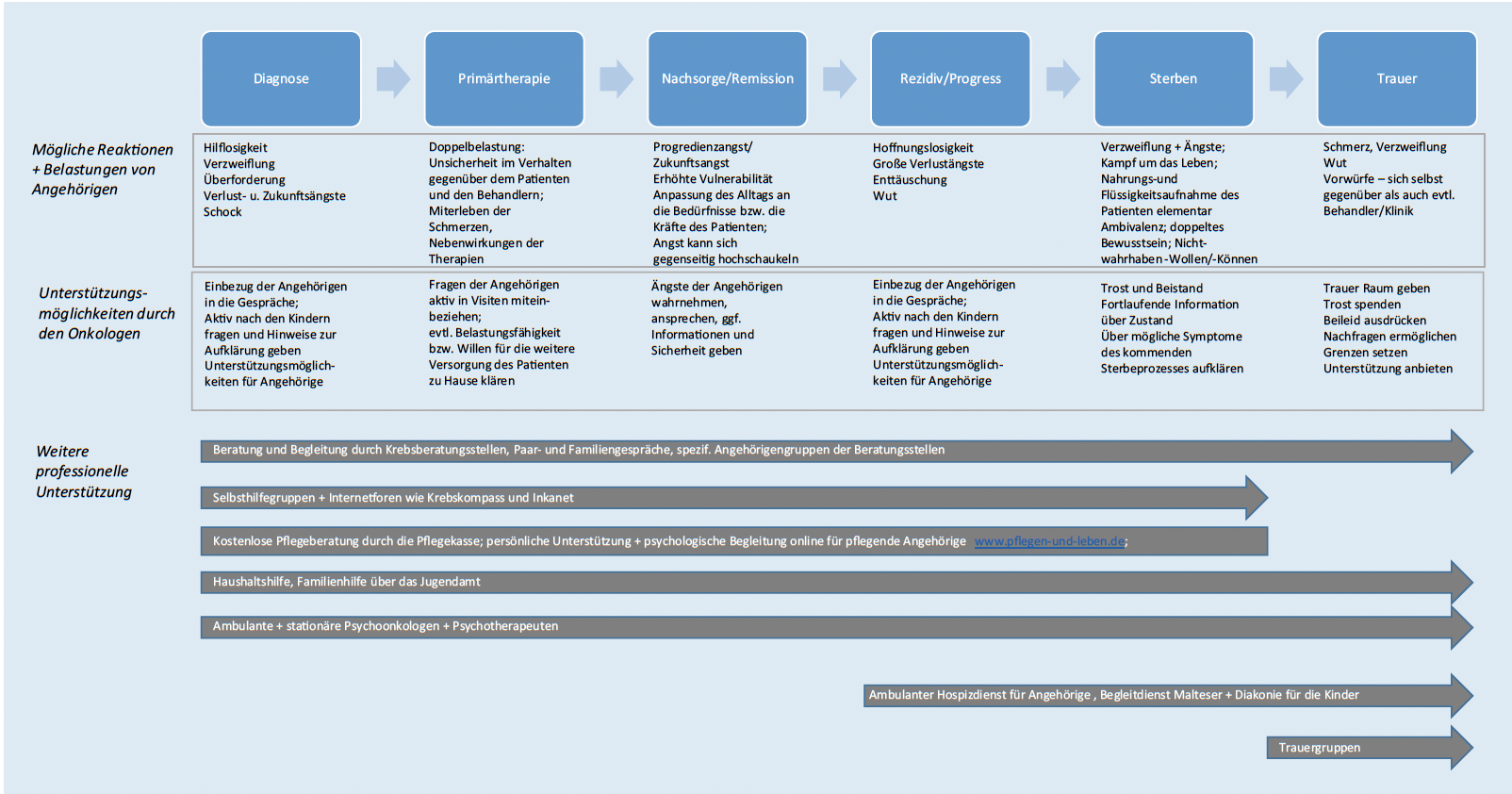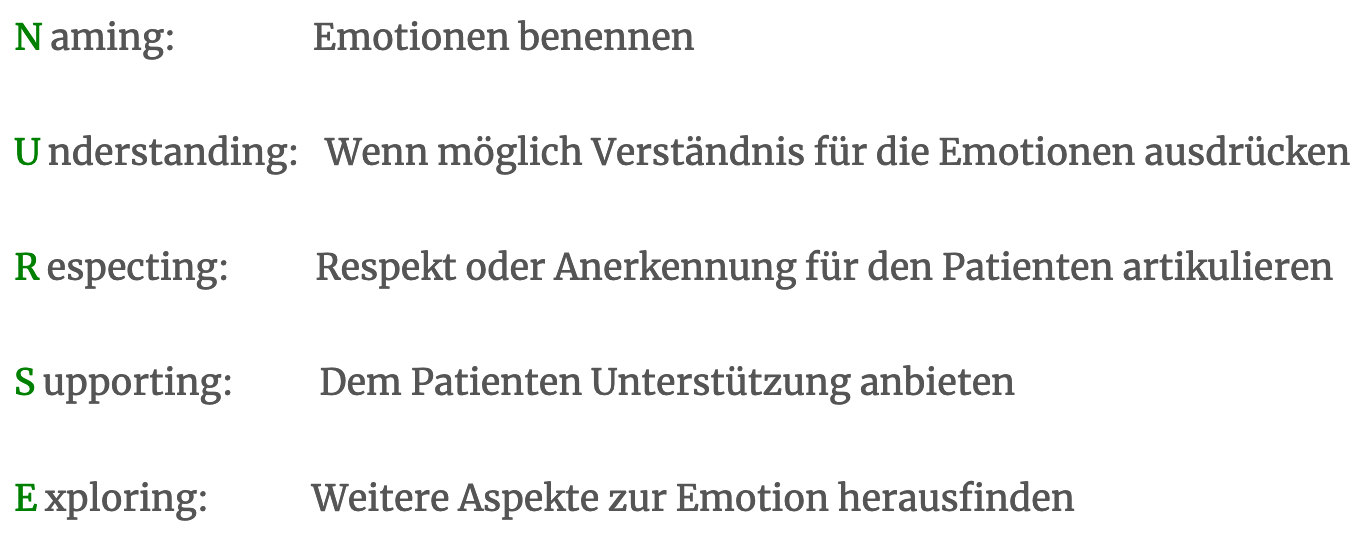Friends and Relatives with Their Handling of Cancer Diagnosis
Beside putting the focus on the cancer patients themselves, we looked further into the side of the friends and relatives. How are they handling the whole process of the cancer diagnosis and the treatment of their loved one? What kind of problematics and issues occur on their side?
It seems to be a big challenge, not only for the cancer patient, but also their friends and relatives. In many cases these challenges and their needs aren't necessarily considered as important or worth mentioning. According to the text from G. Preisler "Angehörige von an Krebs Erkrankten" the amount of psychic pressure of friends and relatives is in fact similar to the patients. According to a study, problematics and symptoms such as uneasiness and pondering arises by 50% of the friends and relatives.
Roles of the Friends and Relatives
Friends and relatives want to, next to their everyday life duties, support the patient with stationary stays by visiting as often as possible, emotional encouragement, execution of everyday life tasks such as doing their laundry, emptying their letterboxes, being the counterpart for the doctors, et cetera.
The well-being and the life quality of friends and relatives have a huge impact on the life quality of the patient and vice verca.
Just like the patients, their friends and relatives go through a similar process of the handling. The experience of being poweless and helpless, the uncertainty with the interaction and communication with the patient and the balancing act of welfare and self care requires quite an amount of emotional energy.
Roles and Functions of Structures
For the patients, as well as their friends and relatives, it's important for them to keep their previous rolls as husband, wife, girlfriend, boyfriend, friend, mother, etc. as good as possible. The communication of new desires and needs on both sides are often difficult, because none of each side wants to be a burden.
The friends and relatives often see their own sorrows as a banality. But seen in a long term context, this isn't helpful for themselves nor for the patient.
They need support and self-help to increase their mental health.
Information and support which helps them to obtain their control and security are very important to keep the relationship to the process and the patient upright.
Demanding and Over-Protective Friends and Relatives
Helplessness, fear and sorrows trigger a strong need to talk which demand a lot of time and devotion. According to Preisler, not the amount of time, but the way of listening and gratuity is essential.

NURSE Model (NURSE: Naming, Understanding, Respecting, Supporting, Exploring)

Interview Questions
Our aim in the current process of our bachelor thesis is to talk to friends and relatives who have experienced the handling of a cancer diagnosis of a loved one.
Possible Questions
- In which extend did you try to assist?
- What kind of relationship did you have with the patient?
- What kind of questions did you have while the cancer process?
- What were the pain points to talk about with others & the patient?
- In which extrend did the structures of the family change?
- How did the communication go between you and the patient?
- Did the relationship with the family and the patient change during and after the process? If yes, how?
- Did you have the urge to look for guidelines or help, beside from your family?
- What kind of stages/phases did you go through?
- What kind of emotions did you have during the phase?
And how did you handle them?
- What did you learn about communication after that time?
- What kind of advice would you give to your past-self?
- What do you talk about?